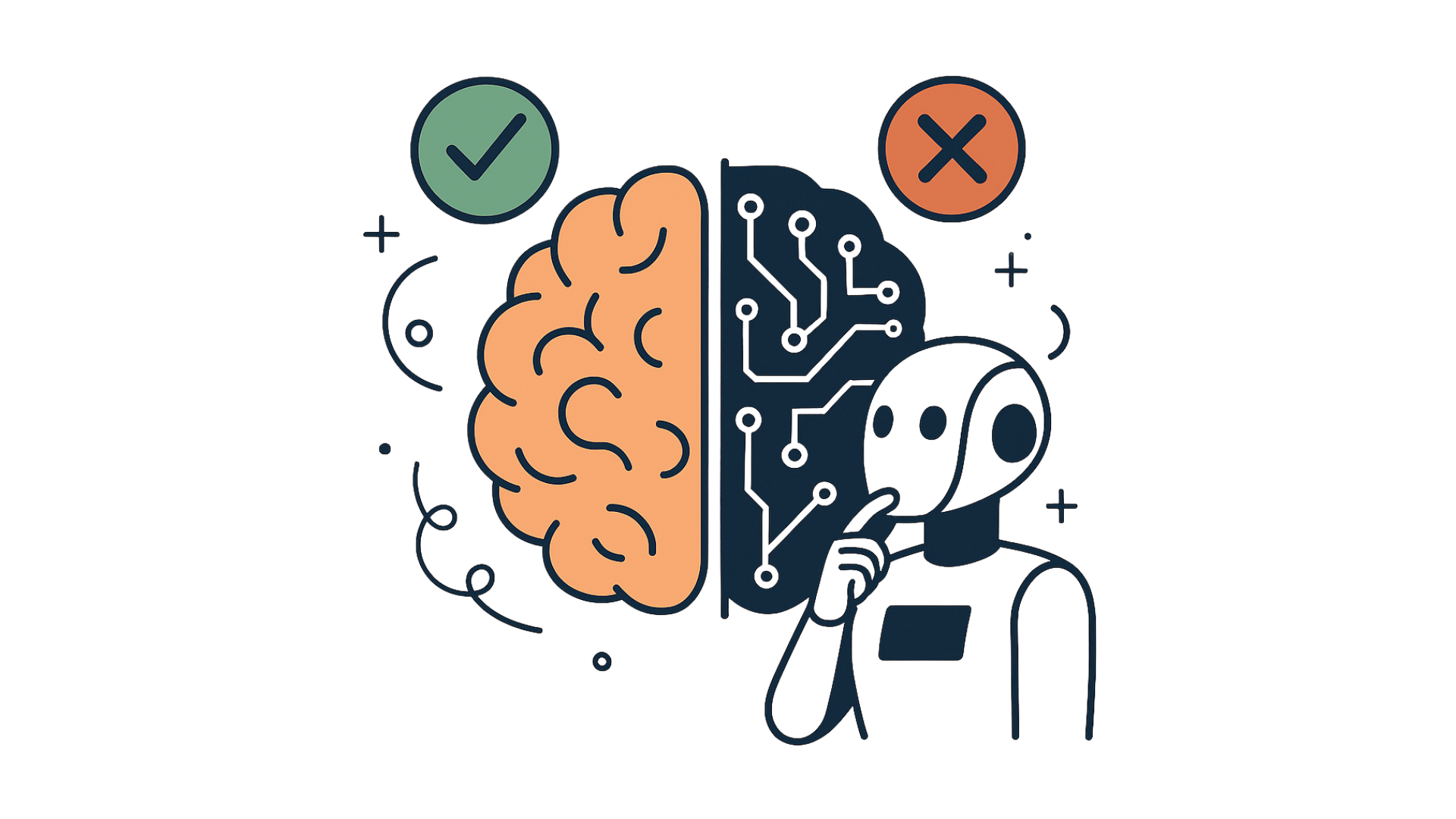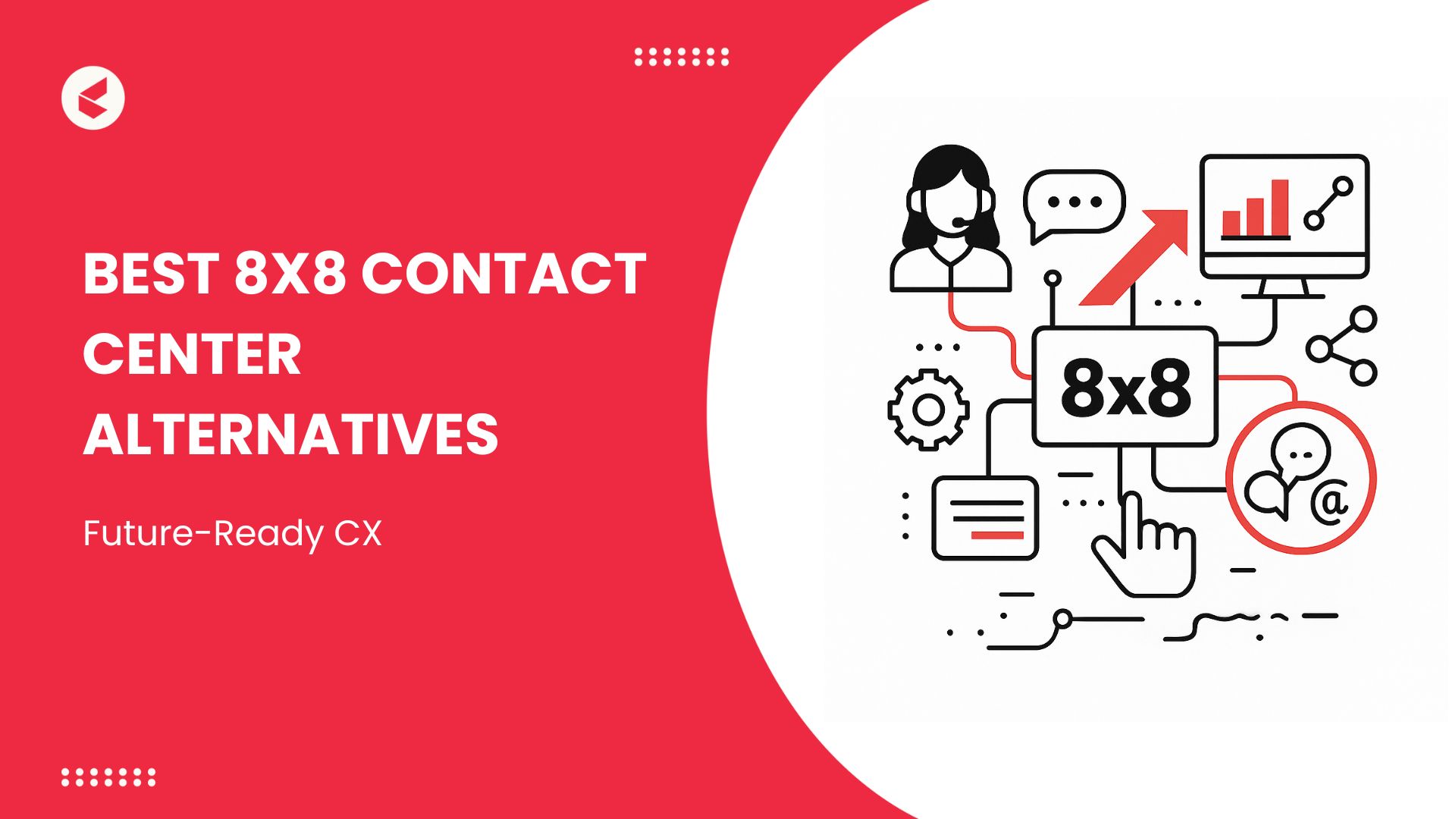Most businesses aim to secure customer loyalty by offering top-notch support and experience. This can be achieved through a meticulous feedback process and analysis – because understanding the expectations and grievances of your customers can help you make better business decisions.
All businesses track customer experience religiously. But, rarely does this transform into actual, actionable data. There might be several reasons for this – it may be expensive, resource-demanding, or may require specialists to execute it. However, the dawn of AI has brought about technology that can effortlessly overcome these challenges in customer experience and feedback with little effort.
In this blog, we’ll dive into the advantages of using AI in customer feedback and how it helps you gain more actionable insights.
The Role of AI in CX
In today’s landscape, the capability of a business to deliver outstanding customer experiences will give it the competitive advantage to stay ahead of the race. If you efficiently gather, analyze, and apply insights from customer feedback to improve your products or services, then there’s no doubt that it would boost your profitability and increase customer loyalty.
However, there is a difference between gathering customer feedback and transforming it into actionable insights – and they are two different challenges.
Here’s where AI comes into play – it can help you gather your customers’ feedback with accuracy and consistency, and give you insights into exactly which KPIs you need to improve. AI can make it simpler for you to understand customer behaviour, needs, expectations, preferences, and challenges.
It can also give you an eagle-eye view of your data so you can connect the dots and see the bigger picture.
How AI makes customer feedback more actionable
Your customers may provide you with feedback through various social channels – depending on where your customers are prevalent and the survey distribution method. However, creating persona-based surveys, and managing and interpreting large volumes of feedback data is a complex task. That’s where AI-driven survey platforms and automation can streamline this process to a great extent. Here are a few examples:
1 . Targeted survey questions by AI
The integration of AI into survey platforms has helped gather targeted, actionable insights significantly. You can use the power of AI to intelligently craft questions that draw out responses directly relevant to the KPIs you want to improve. This personalized approach ensures that the feedback gathered is not only relevant but also impactful – enabling you to make informed improvements.
Moreover, AI is capable of creating custom questions for distinct customer personas or touchpoints, or for customers who have interacted with specific products or services. This level of personalization offers a more nuanced understanding of different customer groups – deeper and more meaningful insights into their behaviours and preferences.
Additionally, it also fosters a stronger connection with customers, as they feel heard and understood – ultimately, enhancing the overall customer experience.
2. Text & Sentiment Analysis by AI
AI-powered platforms are adept at analyzing customer interactions and using text analytics to understand sentiments. For example, these tools are capable of detecting the frequency of specific words and interpreting a customer’s experience and emotions.
Sentiment analysis is an effective technique for understanding customers’ attitudes towards your business. It classifies feedback into positive, neutral, or negative categories, taking into account both the language and the emotions expressed.
With this technology, businesses can tackle negative feedback instantly, and identify, prioritise, and address the concerns of dissatisfied customers. Moreover, with the insights derived from sentiment analysis, businesses can identify areas of improvement in their product, services, or operations.
3. Categorization of Issues & Smart Analytics by AI
By assigning scores based on specific criteria, AI can quantify risk levels, rate survey feedback effectively, and identify high-value customers who might need extra attention or are at risk of churn. For example, in a customer satisfaction survey, you can analyze responses with the help of AI and assign higher scores to customers expressing dissatisfaction.
This enables businesses to quickly identify and prioritize these individuals for follow-up actions, such as personalized offers or direct communication to address their concerns, thereby enhancing retention efforts.
When a data-driven approach such as this is adopted by businesses, it ensures that valuable resources are allocated efficiently and customer relationships are strengthened – leading to long-term business growth.
4. AI-powered Recommendation Engines
A deep understanding of your customers is essential to make well-informed business decisions. And that’s where AI-powered Recommendation Engines bring their magic. It analyzes historical data to uncover customer patterns and preferences – it finds out what’s unique to each customer. Based on these insights, it can suggest tailored actions, such as sending personalized follow-up emails that resonate with individual customer experiences.
For instance, if historical data shows a customer frequently purchases eco-friendly products or mentions the need for such products in your line, then the AI engine would recommend sending them information on any new sustainable products or exclusive green initiatives.
This level of personalization enhances customer engagement, improves the effectiveness of CX and marketing strategies, and ultimately, leads to higher sales.
Kapture Insights: AI-powered Survey Platform
With Kapture Insights, you can create personalized surveys for multiple channels, analyze feedback accurately, and improve customer experiences effortlessly. With GenAI, it tailors survey questions to fit specific personas, industries, or touch points based on your desired KPIs.
A robust scoring model prioritizes customer sentiment and experiences, offering actionable insights. It also uses advanced analytics and machine learning to predict customer needs and provide instant recommendations to enhance customer experiences.












